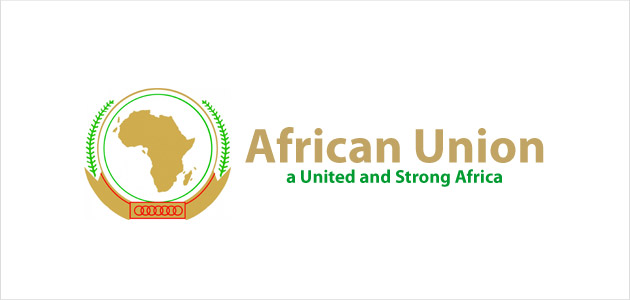By Asmau Ahmad
In a press release shared with Health Reporters (HR), African leaders at an Ebola conference in Malabo on Tuesday 21st July 2015 had urged for additional support to get to zero Ebola and support recovery efforts for the affected countries. Areas of assistance from Member States and key partners that were announced include strengthening health systems of affected countries, in particular human resources for health, training and capacity building, resuscitation of the health infrastructure and investment in public health.
“We need to continue developing various support mechanisms in order to address the effects of the epidemic” said His Excellency, President Robert Mugabe of Zimbabwe who is the Chairperson of the African Union. “This current outbreak has created a profound and long-lasting socio-economic impact which requires financial and other material support to the three countries, so as to enable them to respond to their future health needs” he added.
Ebola brought about overwhelming challenges in almost every aspect of life in Sierra Leone, Liberia and Guinea. Health systems almost collapsed and the economies contracted and projected growth declined from 4.5% to 1.3% in Guinea, 11.3% to 6% in Sierra Leone and 5.9 % to 0.4% in Liberia.
“As we move from emergency situation to stabilisation, all three countries are implementing a robust social and economic recovery programme in response to the consequences of the disease and to ensure greater resilience” said H.E. Dr. Ernest Bai Koroma, President of the Republic of Sierra Leone.
The recovery programme which is multi-layered seeks to address health, water, sanitation and hygiene; governance, peace and security; agriculture, fisheries and food security; gender, youth and social protection; programme management and monitoring, and private sector development. It also focuses on sub-regional roads, energy access and information and communication technology. The programme requires an estimated USD 4.75 billion to cover the economic and financial cost of the epidemic. The funding gap currently stands at approximately USD 3.93 billion dollars.
The meeting appealed to African Union Member States and partners to contribute towards gaps in human resources needs. More than 500 health professionals of different disciplines are required. Member States were encouraged to contribute through secondments of health professionals, as well as training of local health professionals. Member States were further urged to support disease surveillance, detection and response in the three countries through the Africa Africa Centre for Disease Control (CDC), WHO and other stakeholders complementing one another and ensuring effectiveness.
“We need to secure concrete support for the full establishment and operationalisation of the Africa Centre for Disease Control (CDC), which will be a major step in ensuring greater preparedness and resilience in tackling similar epidemics on the continent” said H.E Erastus Mwencha, the Deputy Chairperson of the African Union Commission.
Additional support that will be provided by Member States and partners includes health infrastructure, equipment, medicines and supplies. The refurbishment of existing clinics, hospitals, laboratories and construction of new facilities remain a key priority. The provision of critical medical equipment, sustainable medicine and supplies and bridging the short and medium term financial gaps through financial contributions remains at the crux of achieving zero Ebola. Already during the meeting some countries announced an additional immediate support of USD5.5 million dollars while others will announce contributions in due course.




